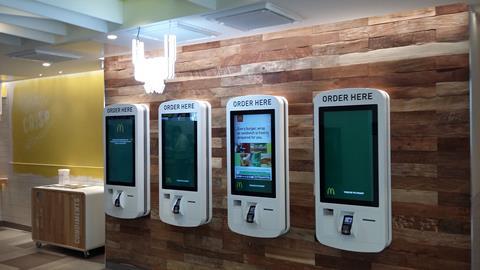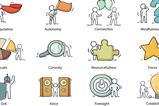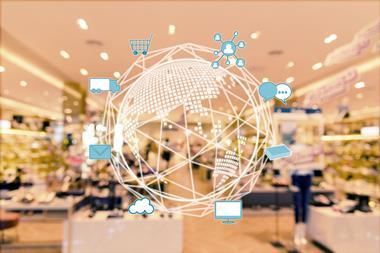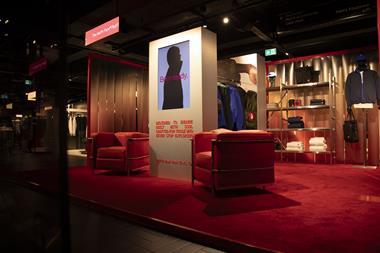With UK high street footfall in decline, it’s crucial retailers merge digital technology with physical interaction in stores to keep consumers engaged.
McDonald’s has accelerated towards a digital future in recent years. It all started with its self-service ordering terminals. These terminals paved the way for interesting developments in the retail experience the chain offers to its consumers.
Its self-service terminals have automated part of an existing human experience, freeing up employees’ time and enabling some of its restaurants to provide table service.
The supermarket shopping experience is undergoing a similar shift, with Sainsbury’s this year launching a scan-and-go store.
Where retail is missing a trick
However, while big supermarkets and the likes of McDonald’s have used technology to offer convenience to consumers, for the most part they have failed to develop human interaction.
Conversely, the technology employed at Carphone Warehouse doesn’t sit away from employees, it is instead placed in their hands.
The mobile and technology retailer is moving away from a reliance on spreadsheets and human memory to cycle through the tariffs, packages and devices it has to offer.
It now provides staff with company-owned tablets running custom software called PinPoint. But, while the technology is extremely advanced, without the right interpersonal skills in its stores PinPoint alone would not be enough.
It’s clear that retailers need to innovate to keep up with evolving consumer expectations. So, what innovations will drive successful digital retail experiences of the future in stores? Based on the case studies we’ve explored, we believe the answer to be this: creativity + productivity + humanity = digital retail experience.
If retailers can ensure these factors are considered, physical retail can truly flourish in a digital era.
Creativity
As digital begins to change the way we work, the human elements that machines are unable to complete with will become more valuable.
This is where digital creativity comes in, i.e. the need for humans to produce new ideas and solutions that can change the retail status quo. However, creativity alone is not enough.
Productivity
Being creative with digital in bricks-and-mortar stores is great, but it’s nothing without driving associated benefits. The most impactful change retailers can make is to be more productive with their workforce and with consumers’ time.
If retailers can stop wasting time and effort on processes that can be digitised, they will open the doors to retail innovation.
Humanity
If a successful digitally led retail experience frees up store associates to spend more time with customers, then achieving the perfect balance between employee and machine can propel a retailer.
Take Ikea’s kitchen designers as an example. The designers supplement the furniture retailer’s showroom experience, as this cannot be completed by a machine, offering valuable human interaction.
Humanity is key to the success of the future of retail. If you’re a retailer you may have considered your business’ digital future, but have you truly considered the future of your people too?

Toby Kheng is client strategy lead at Freeformers
Kheng works with Freeformers’ clients to understand the challenges they face and maximise the impact of their programmes. His experience includes piloting a learning journey for a new Currys PC World store format, delivering a social learning strategy for a customer service brand, and developing people strategies to support digital transformation for the UK’s largest supermarket chain and a worldwide biotechnology company.




























